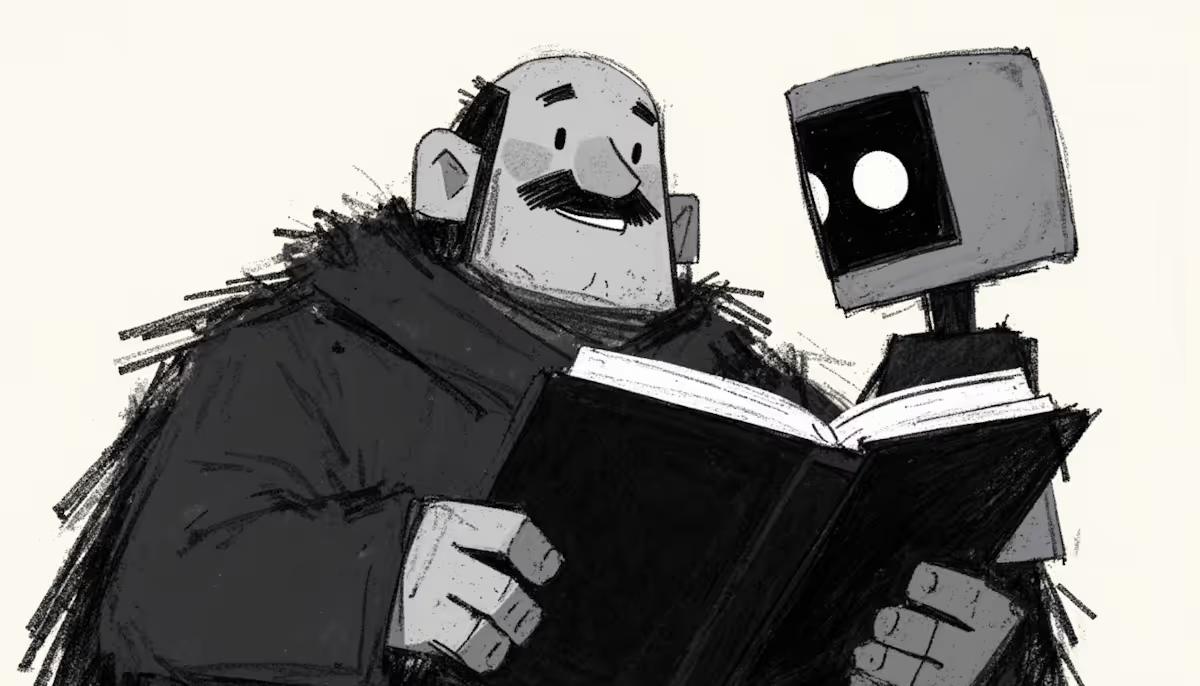The Books That Shifted My Mental Frameworks
There are books that entertain, and then there are books that reorganize your inner architecture. The latter aren’t necessarily the most popular or even the most acclaimed. They’re the ones that, for whatever reason, cut through your assumptions, expose blind spots, or teach you a new way to see. They don’t just inform; they reformat.
This is a personal inventory—not of favorites, but of intellectual turning points. Each title below hit me like a tuning fork, reshaping how I think, write, or live. They came at different times in life, but all left a lingering trace that’s hard to shake.
Book One: Gödel, Escher, Bach by Douglas Hofstadter
Hofstadter’s opus is many things—mathematics, music, logic, philosophy—but more than that, it's a meditation on how consciousness arises from self-reference.
Recursive Thought and the Illusion of Self
One of the book’s core ideas is "strange loops"—self-referential systems that give rise to emergent properties like identity. The notion that "I" is not a fixed essence but a byproduct of feedback loops was both destabilizing and liberating.
"A self is a pattern, not a thing," Hofstadter implies again and again.
This concept forever altered how I viewed everything from narrative voice to AI consciousness. It became easier to see complex systems—personalities, stories, even ideologies—as recursive rather than linear. The book isn’t easy, but it’s worth the mental vertigo.
The Blending of Domains
Equally mind-bending was how Hofstadter weaves together music (Bach’s fugues), visual art (Escher’s paradoxes), and formal logic (Gödel’s incompleteness theorem). The message was clear: deep ideas don’t belong to single disciplines. That in itself rewired my siloed way of thinking.
Book Two: The Left Hand of Darkness by Ursula K. Le Guin
This novel is often shelved as science fiction, but its real terrain is gender, politics, and the slipperiness of identity.
Reframing Gender as Context, Not Constant
Le Guin’s creation of a world where inhabitants are ambisexual except during brief mating periods forced me to confront how deeply gender norms frame our interpretation of behavior. Characters shift tone, empathy, and even perceived power depending on which gender lens you view them through.
Reading it was like removing a set of tinted glasses I hadn’t realized I was wearing.
“It is good to have an end to journey toward; but it is the journey that matters, in the end.”
The book doesn't preach—it presents. And in doing so, it forces a reevaluation of what we assume to be "natural" about social roles.
Political Ambiguity and the Cold
The icy, slow-burn politics of the novel—the lack of overt villains or heroes—trained me to look for subtlety in narrative ethics. The world Le Guin built is harsh, but morally ambiguous, and that taught me that even in fiction, nuance is more potent than clarity.
How These Books Changed My Creative Practice
Reading these wasn’t just a mental experience—it was a creative realignment. They altered how I think and how I make things. Ideas nested, branched, and began talking to each other in new ways.
Thinking in Systems, Not Stories
Post-Gödel, Escher, Bach, I found myself looking less for linear plots and more for structural echoes, metafictional loops, and recursion in my writing. I became fascinated with stories that fold in on themselves, where the end reinterprets the beginning not just narratively but conceptually.
Writing from the Inside Out
Instead of plotting, I began with patterns—conceptual shapes that then became characters, dialogue, scenes. I stopped thinking of writing as “telling what happens” and started seeing it as “mapping transformations.”
Characters as Vectors, Not Archetypes
Le Guin’s influence was more personal. She made me question the kinds of protagonists I was building. Were they shaped by plot necessity or by inherited templates of masculinity and femininity?
Embracing Moral Ambiguity
I began to value uncertainty—stories where no one is entirely right or wrong, where resolutions feel like compromises rather than victories. Her world taught me that speculative fiction doesn’t require moral grandstanding—it requires curiosity.
The Quiet Power of Mind-Altering Books
Not every great book rewires the brain. Some reaffirm what you already believe, and that can be comforting. But every now and then, a book will drop something unnameable into your mind—a virus of insight, a question that won’t leave. These are the ones you carry differently. They’re not on the shelf anymore. They’re part of how you see.
And once you see differently, you write, read, and live differently too.

